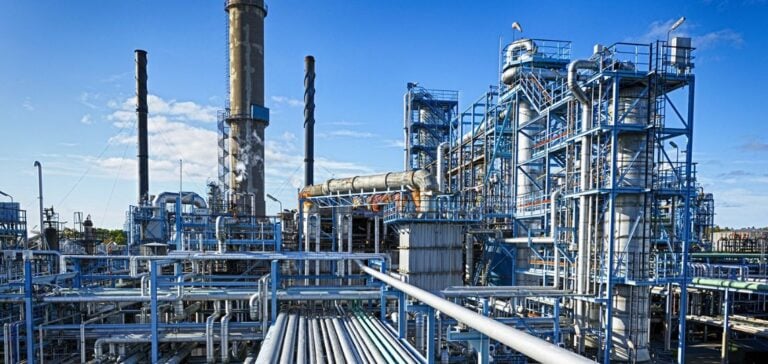The global petrochemical sector is in turmoil, faced with increasing overcapacity and steadily falling margins.
The massive increase in production capacity in China, combined with high energy costs in Europe, has created an environment where many facilities are no longer economically viable.
Companies must therefore react quickly to preserve their competitiveness. ExxonMobil Chemical France has already announced the closure of its steam cracker at Gravenchon after recording cumulative losses of over €500 million since 2018.
This situation is not unique.
Formosa Petrochemical in Taiwan has chosen to keep two of its three naphtha crackers shut down, citing insufficient profitability.
These decisions illustrate the intense pressure on companies to cut costs and optimize operations in an increasingly saturated market.
Consolidation and restructuring strategies
In this difficult environment, asset consolidation is becoming an essential strategy.
INEOS, for example, has consolidated its position by acquiring TotalEnergies’ share in several key units in Lavera, France.
This acquisition enables INEOS to strengthen its control over strategic production capacities, including a 720,000-ton-per-year steam cracker.
For its part, LyondellBasell has undertaken a strategic review of its European assets, exploring the sale or closure of units deemed unprofitable.
This proactive approach reflects a broader trend in the industry, where companies are looking to divest non-core assets to focus their efforts on more profitable segments.
Restructuring is not limited to Europe.
Mitsui Chemicals in Japan has also announced the gradual closure of several of its facilities, including a phenol plant and a polyethylene terephthalate plant, by 2027.
This strategic choice is aimed at refocusing operations on more competitive sites and adapting to new market realities.
Geo-economic impact and future prospects
Consolidation movements are having a profound impact on the sector’s geo-economic balance.
In Asia, the acquisition of Shell’s petrochemical assets in Singapore by Chandra Asri and Glencore demonstrates a growing desire to strengthen positions in strategic hubs.
Meanwhile, in the Middle East, Saudi Aramco continues to consolidate its position, increasing its stake in the Petro Rabigh joint venture.
These moves testify to the need for companies to strategically reposition themselves in order to survive in an increasingly competitive environment.
The petrochemical sector, which is constantly evolving, must now integrate new economic and regulatory constraints.
Managing overcapacity, decarbonizing and optimizing resources will be crucial in determining which players succeed in adapting to the new realities of the global market.






















